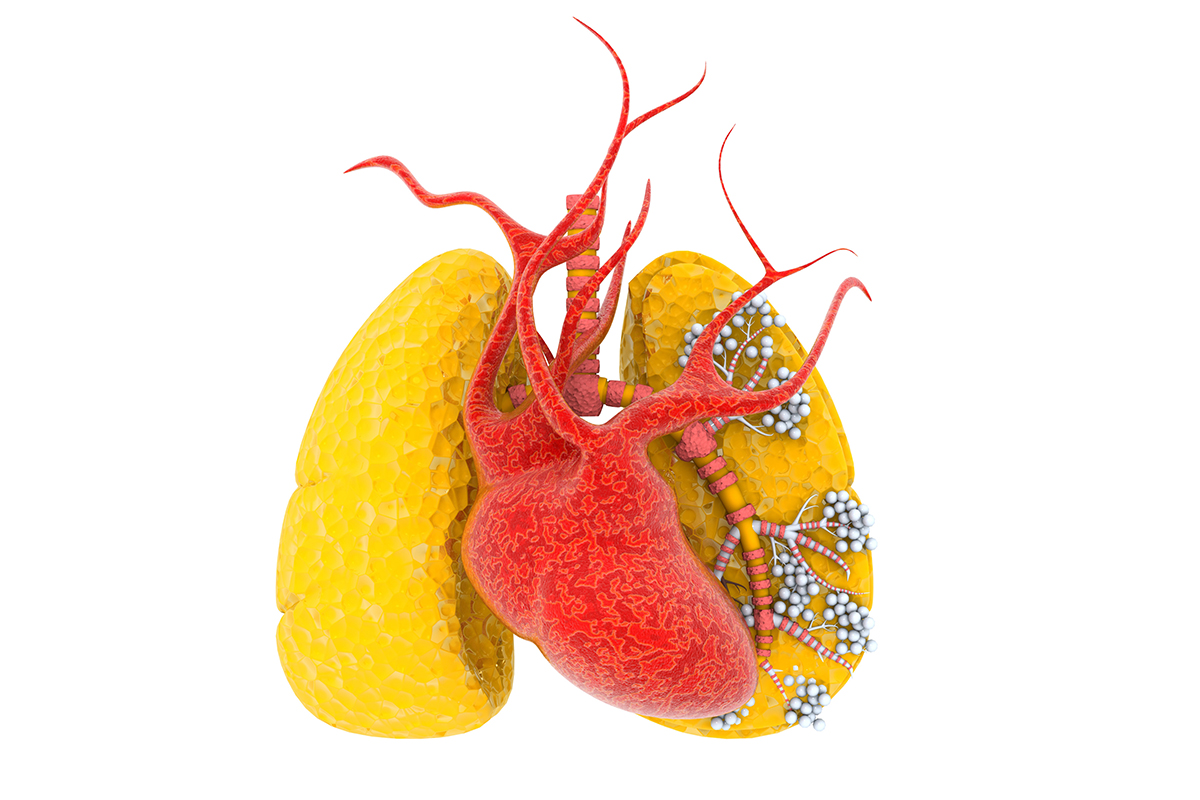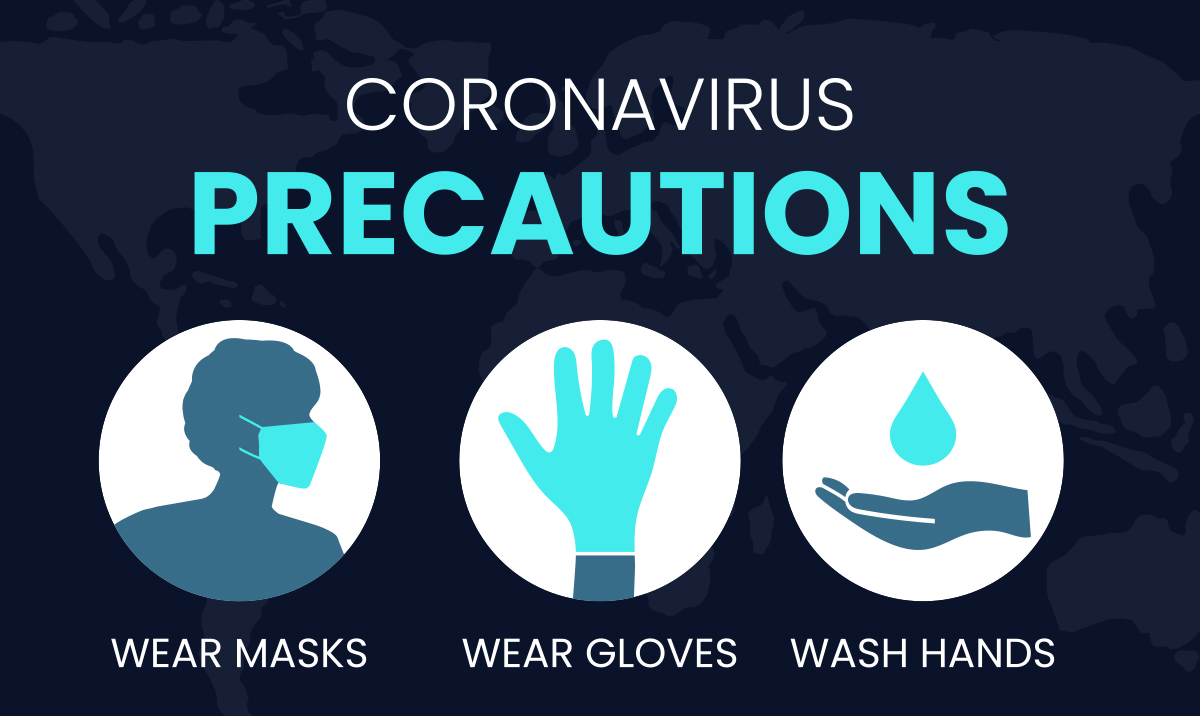The Coronavirus attacks the respiratory system, which includes your nose, mouth, throat, and lungs. The lungs can then become inflamed and specifically affect the alveoli, which is where the exchange of oxygen and carbon dioxide in your body takes place. If this area in your lungs is not working properly, carbon dioxide is not leaving the body and oxygen is not provided to your muscles and organs as efficiently. Lack of oxygen to your body and brain will cause detrimental effects. Common symptoms of the coronavirus include fever, sore throat, cough, and shortness of breath. While the virus affects all ages and symptom presentation can vary in severity, there are people who are at more risk to contract the virus and present with severe symptoms.

People with lung and heart issues are at high risk. The heart and lungs are vital organs to provide blood, nutrients, and oxygen to your brain, muscles, and other body organs. Any diseases affecting the heart or lungs directly will decrease the efficiency of the organs to provide for your body. Some diseases included in this group include diabetes, chronic obstructive pulmonary disease (COPD), asthma, history of heart attacks, atrial fibrillation, and hypertension. If a person with one or multiple diseases gets infected with COVID-19, it will further affect the supply of oxygen and blood to your body and could cause more severe symptoms.

Generally, people over 65 years old are at risk because of their more compromised immune system and co-morbidities. If your immune system is not working as well as it should, it will have a more difficult time fighting off the virus.
However like mentioned before, not everyone under 65 years of age is immune. Anyone who is immunosuppressed is at risk as well. These include people who are diagnosed with:
- Liver disease
- Kidney disease undergoing dialysis
- Prolonged use of steroids
- Immune deficiencies
- Recent surgeries
- Organ transplants
- HIV/AIDS
- Cancer going through any form of treatment
- Severe obesity
- Smokers
- Women who are pregnant
To protect yourself, follow the CDC guidelines of wearing a mask around your nose and mouth, avoid touching your face, wash your hands for the appropriate amount of time often, and disinfect frequently touched surfaces.

For more information, please visit the CDC or contact our office for any specific questions.
Stay well and healthy!

Leave a Reply